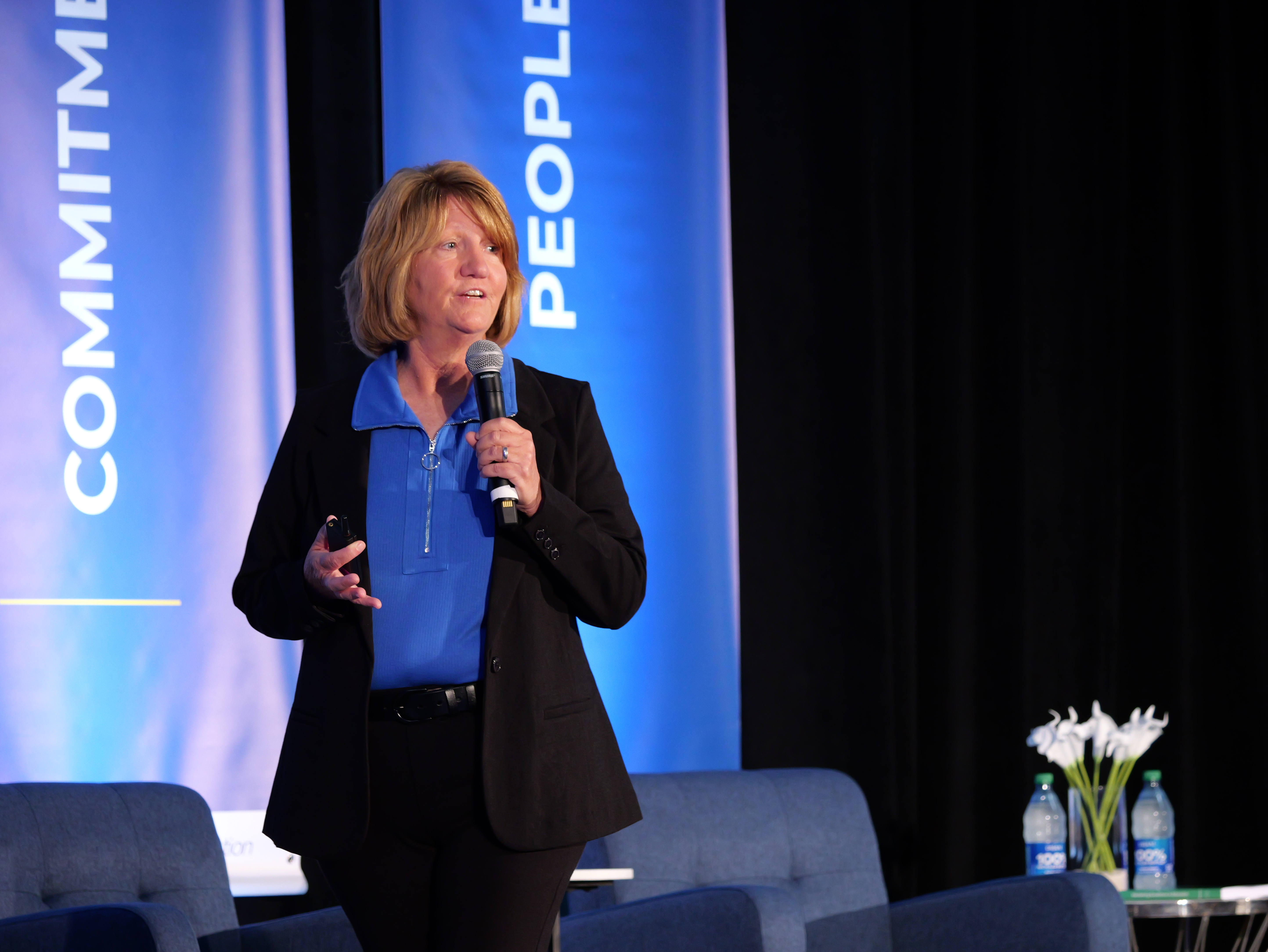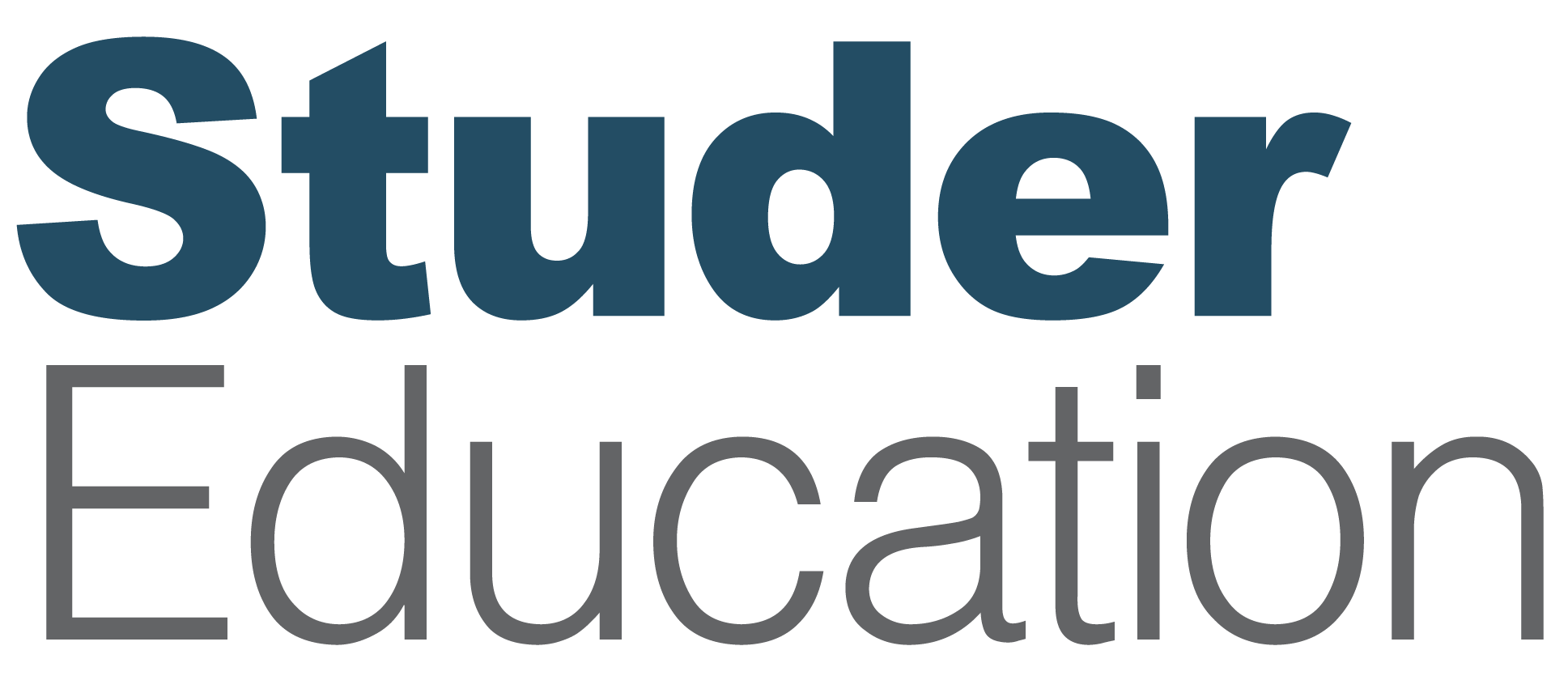This content is being refreshed.
In the spirit of continuous improvement, the Studer Education team is working to refine our insights to better serve you. We’re getting better at getting better. Unfortunately, that means the content you were searching for has been removed. We invite you to explore our other education leadership resources, including case studies, impact stories, podcasts and more, designed to support and enhance your improvement journey.
While You’re Here, Discover Resources to Inspire Your Next Step
Explore actionable strategies, case studies, and impact stories from Studer Education expert leaders. Empower your organization with tools to achieve excellence.
Tune Into Education Excellence: Fresh Conversations to Spark Improvement
Hosted by Dr. Janet Pilcher, Accelerate Your Performance is a top-rated podcast for education leaders. Each week, Dr. Pilcher shares actionable strategies to improve student achievement, service quality, and staff engagement grounded in the Nine Principles® Framework.
With insights from coaching experts and conversations with successful K-12 and higher education leaders, every episode delivers real-world advice to help you hardwire excellence and achieve your best at work.
Tune in for weekly episodes to accelerate your performance, hardwire excellence, and become your best at work!
Together we are creating great places to work, learn, and succeed.
Be part of a community dedicated to making a difference in education. Subscribe to Studer Education Insights for exclusive content, expert resources, and the latest strategies delivered straight to your inbox. Let’s keep improving—together.
More Ways to Learn, Connect, and Grow
Explore even more opportunities to accelerate your improvement journey. From upcoming events to inspiring videos, social media insights, and our latest book, we’ve got the resources you need to lead with excellence. Dive in and discover what’s next!

Upcoming Events
Discover the work that K-12 and higher education leaders are doing to improve education practices through continuous leader development.

Hardwiring Excellence
Discover Hardwiring Excellence in Education by Dr. Janet Pilcher—a must-read for leaders seeking proven strategies to drive results and sustain excellence. Visit the book page to learn more, join the book study, or purchase your copy.

Video Library
Visit our YouTube channel for inspiring conference sessions, impactful stories, and expert resources designed to help you excel on your improvement journey.
Stay Connected
Follow Studer Education on social media for the latest insights, resources, and updates.
Connect With Our Experts
Our team is dedicated to helping you create lasting impact for students, educators, and leaders. Let’s work together to inspire excellence, drive continuous improvement, and shape the future of education.
Search for Solutions and Strategies
Looking for something specific? Use the search bar below or contact us to help you find the right resource.

